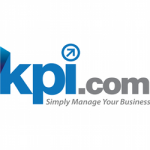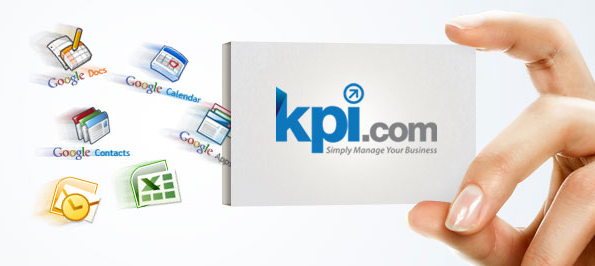The Difference Between CRM and ERP: Two Sides of the Same Coin
Published Date : August 29, 2012
Categories : CRM, Managing Business
[simple_crumbs root="Home" /]
 The difference between customer relationship management (CRM) software and enterprise resource planning (ERP) software is commonly oversimplified by presenting CRM as outward facing and ERP as inward facing. That generalization is not entirely wrong. The focus of CRM software is coordinating and managing all activities involving customers before and after the sale, but ERP systems are intended to facilitate planning and coordinating internal business processes. However, this does not mean that these two types of management software are concerned with mutually exclusive activities. In fact, there is a fair amount of overlap, and they represent complementary management tools.
The difference between customer relationship management (CRM) software and enterprise resource planning (ERP) software is commonly oversimplified by presenting CRM as outward facing and ERP as inward facing. That generalization is not entirely wrong. The focus of CRM software is coordinating and managing all activities involving customers before and after the sale, but ERP systems are intended to facilitate planning and coordinating internal business processes. However, this does not mean that these two types of management software are concerned with mutually exclusive activities. In fact, there is a fair amount of overlap, and they represent complementary management tools.
The Idea Behind CRM
A CRM system provides a single place to maintain all marketing, sales and customer information. However, this type of software does more than just store information. A CRM facilitates the sharing of data between departments. If the company has departments that are each keeping their own set of data, it is inevitable that the data will get out of sync, causing each department to see different results in their reports. There is also significant duplication of effort in maintaining multiple sets of the same data.
By using a CRM, such as the kpi.com solution a company is assured that the marketing department, sales department and customer support are all seeing data from the same source. This means, for example, that the marketing department can measure the effectiveness of their marketing by looking at sales data, and the sales department is made aware of upcoming promotions being planned by the marketing department. Customer service will also have access to the current customer account information to find out the products or services they have purchased. The sales department can then review customer service data to identify customers that may be interested in newer products or services, and the marketing department can review it to plan new products or enhance existing ones.
The Motivation for Having an ERP System
The above makes it clear that a CRM is very useful to businesses that want to maintain a keen awareness of their customers' wants and needs, but there are still some things missing. If this type of synchronization improves coordination among departments that have direct contact with the customers, it can also be beneficial for departments that are engaged in the internal business processes. For instance, the accounting department needs to coordinate with the sales department in order to generate invoices and apply payments to the right accounts. The recognition of this type of need was the motivation for developing ERP systems.
How ERP Can Help a Business
ERP software allows departments to coordinate with one another for their internal business processes. Every business needs some form of project management, an accounting department and a human resources department. Project management may be used by marketing to plan an advertising campaign. It could also help the sales department to create a complex proposal that requires other departments to participate in order to bring in the needed expertise. This also implies that they would need to coordinate with the human resources department for identifying existing personnel with the needed skill set or hiring someone.
ERP or CRM: Why Choose?
By now it should be clear that a CRM system is just a specialized form of an ERP system. Specifically, CRM software is ERP software that is designed almost exclusively for departments that communicate directly with prospects and customers. However, the same software architecture that works for CRM works just as well for ERP.
Ideally, what a business needs is an ERP system with a robust set of features for departments responsible for managing the customer relationship. Alternatively, you can think of it as a CRM that has been extended to support internal business processes. Either way, what is important is that an ERP with strong support for maintaining customer satisfaction is what a business needs to keep a close watch over internal processes and meet the expectations and needs of their customers.
 The difference between customer relationship management (CRM) software and enterprise resource planning (ERP) software is commonly oversimplified by presenting CRM as outward facing and ERP as inward facing. That generalization is not entirely wrong. The focus of CRM software is coordinating and managing all activities involving customers before and after the sale, but ERP systems are intended to facilitate planning and coordinating internal business processes. However, this does not mean that these two types of management software are concerned with mutually exclusive activities. In fact, there is a fair amount of overlap, and they represent complementary management tools.
The difference between customer relationship management (CRM) software and enterprise resource planning (ERP) software is commonly oversimplified by presenting CRM as outward facing and ERP as inward facing. That generalization is not entirely wrong. The focus of CRM software is coordinating and managing all activities involving customers before and after the sale, but ERP systems are intended to facilitate planning and coordinating internal business processes. However, this does not mean that these two types of management software are concerned with mutually exclusive activities. In fact, there is a fair amount of overlap, and they represent complementary management tools.
